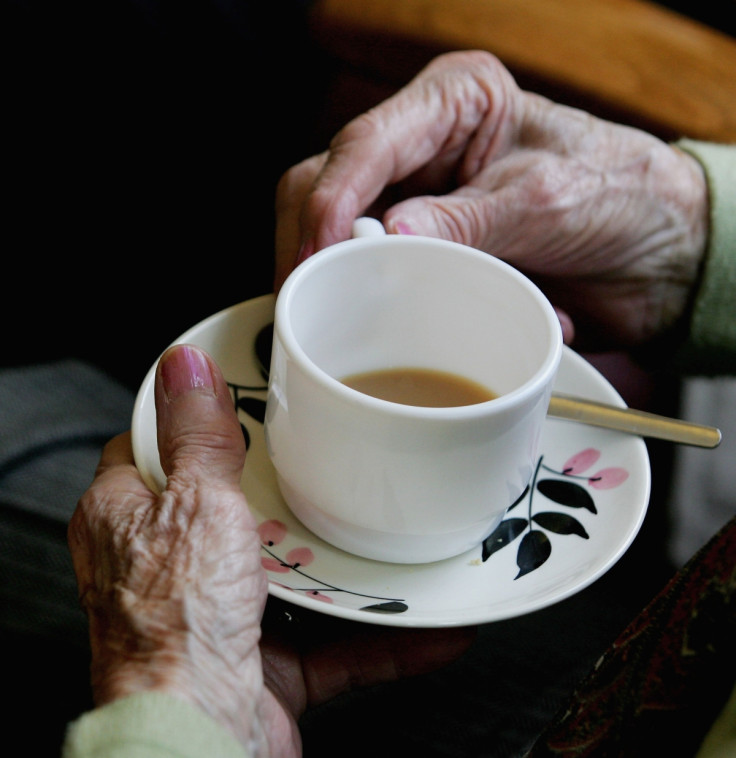'Ineffective' flu jab blamed for highest number of winter deaths since 1999

There were an estimated 43,900 extra winter death in England and Wales last winter, the highest figure since 1999, according to official figures. An estimated 27% more people died in the winter months compared to non-winter months.
More than three quarters of these deaths were among people aged 75 and over, with an estimated 36,300 excess winter deaths occurring in this age group in the winter of 2014-15, compared with 7,700 in people under the age of 75. The Office of National Statistics (ONS) revealed that as in previous years, there were more women dying in winter, rising from 10, 250 in 2013-14 to 25,500 in 2014-15.
The data showed that respiratory diseases were the main cause of the excess winter deaths, accounting for 36% of all cases. The report also suggested that the rise in deaths over winter could have been due to the flu vaccination not being as effective as previous years.
ONS spokeswoman Claudia Wells told the BBC: "A major cause behind the rise was the flu virus, with estimates showing that the flu vaccine was not as effective this winter compared to previous years. While the cold temperature is a factor, most of last winter was warmer than average."
In February, Public Health England (PHE) warned as little as 3% of flu vaccinations were estimated to have worked due to a "drift" in the virus causing a mismatch between the influenza strain that was used to create the vaccine and the expected strain infecting people last winter.
The ONS reported that as in previous winters, the peak in mortality in 2014-15 occurred at the beginning of January, but was notably higher than in previous years. During the winter period, there were only two days where the number of daily deaths was below the five-year average – 2 December and 18 March. Through the non-winter months, the number of daily deaths was generally similar to the five-year average, but during the winter daily deaths were far higher.
Commenting on the figures, Friends Of The Earth fuel poverty campaigner Sophie Neuburg said: "These are appalling figures that ministers cannot ignore. The Government's refusal to invest properly in home insulation shows a callous disregard for the thousands of people who die each year because they can't afford to heat their homes.
"A large-scale, publicly-funded energy efficiency programme is urgently needed to create jobs, cut emissions and save the lives of some of the UK's most vulnerable people."
© Copyright IBTimes 2025. All rights reserved.






















